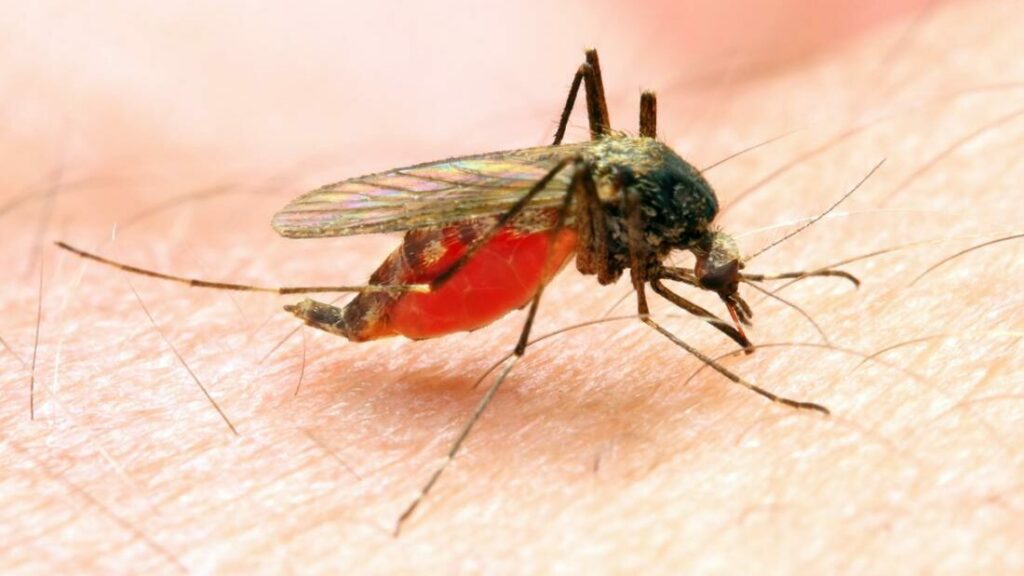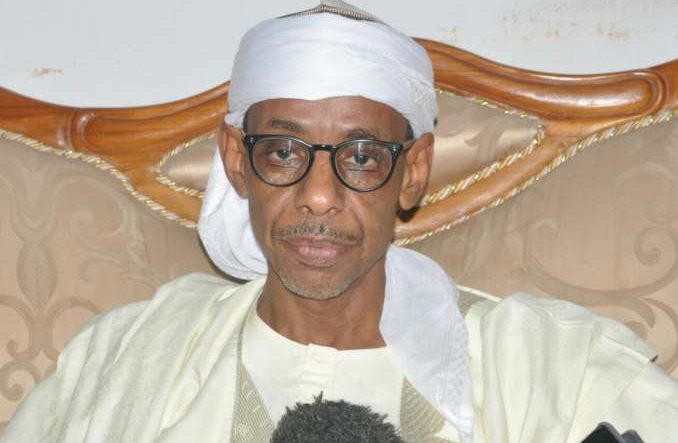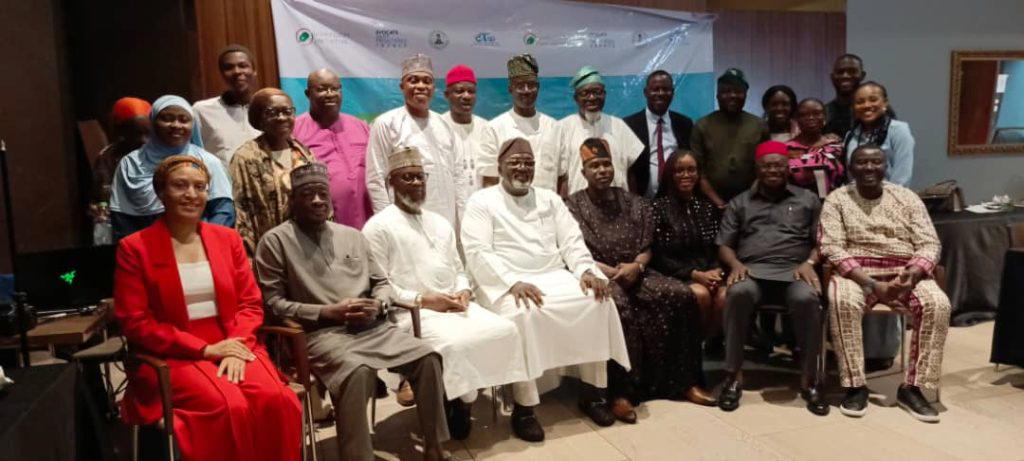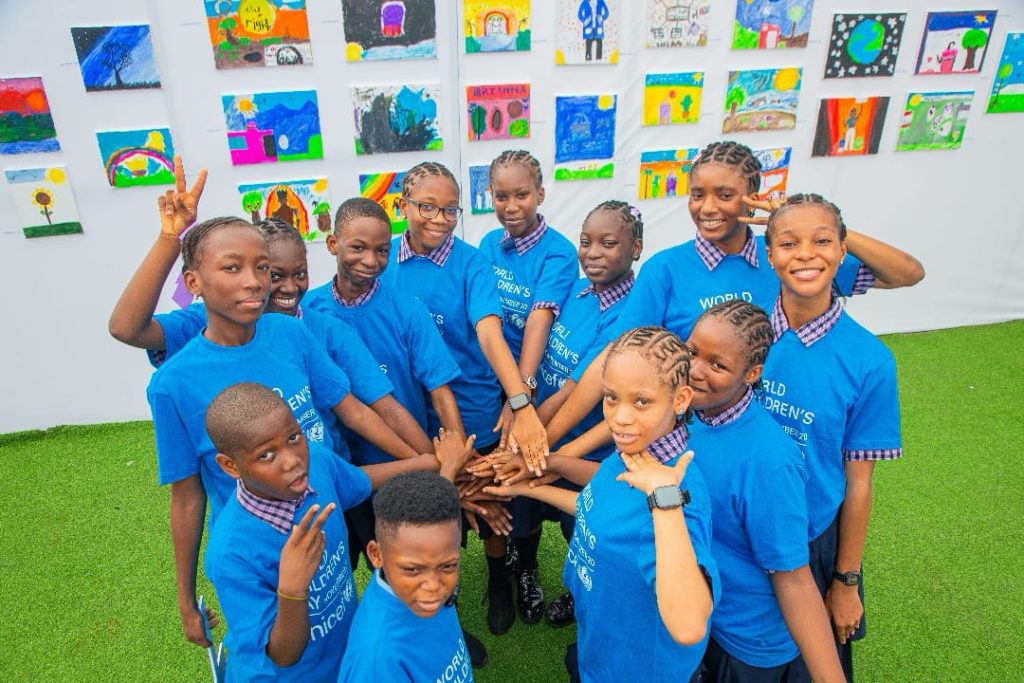How WASH Intervention Can Restore Health, Dignity Beyond Classroom Walls, ,
UNICEF’s provision of clean toilets and safe water to the Islamic Mission School in Ona Ara, Oyo State, has accomplished what years of neglect had halted; it brought children back into the classroom. Yet the school’s renewed vibrancy sharply contrasts with the broader situation across the state, where inadequate sanitation continues to endanger thousands and keeps many more learners away from school. Funmi Ogundare reports
At Islamic Mission School, Ona Ara, Oyo State, the sound of children’s laughter now fills the air, a stark contrast to the quiet days when sickness and poor sanitation kept many pupils away.
For Mrs. Hafusat Oyelude, a teacher at the school, the transformation began with something most people take for granted: a toilet.
“Before toilets were constructed by UNICEF in the school, pupils hardly came. The school wasn’t neat, and many of them were always sick,” she told THISDAY recently. “We had only about 50 pupils then.”
The lack of basic sanitation made teaching difficult and discouraged parents from sending their children to school. But after the new toilets were built, everything changed.
“Now, our population has grown to more than 80 pupils,” Oyelude said, her voice bright with pride. “The children come every day, and they are healthy. We don’t experience sickness like before.”
The improvement in hygiene has created a more comfortable and welcoming learning environment, especially for the younger children who once dreaded coming to school.
While the new facility has brought relief, it also presents new challenges.
“The community has taken over the borehole in front of the school,” she explained. “Every day, we carry buckets to fetch water just to clean and flush the toilets.”
Despite the inconvenience, Oyelude remains grateful. She and other teachers make sure the toilets are cleaned daily to maintain the school’s new standard of hygiene.
“We are happy because the children are happy,” she stated.
Apart from improving sanitation at the school, she said that the new toilets have restored health, boosted attendance, and brought a renewed sense of dignity to the learning experience.
“What started as a basic infrastructure project has now become a story of how clean water and sanitation can transform not just schools, but lives,” she noted.
At a two-day media dialogue on accelerating actions to improve urban Water, Sanitation and Hygiene (WASH) in Nigeria, organised by the Oyo State Ministry of Information, in collaboration with UNICEF, Deputy Director for WASH, Ona Ara Local Government, Mr. Sikiru Adetona, explained that the council has intensified efforts to end open defecation and promote better sanitation and hygiene practices across communities, with support from UNICEF.
The dialogue, which drew participants from Ogun, Oyo, Ekiti, Osun, Lagos, and Edo, was held at Ilaji Resort and Hotel, Ibadan.
According to Adetona, the council is working closely with community leaders and residents to ensure compliance with sanitation standards and to secure certification as an open defecation-free (ODF) area.
“We are driving the community to see the importance of good health, and we thank God for UNICEF’s support,” Adetona said. “Through community dialogues, monitoring, and verification, we are assessing the level of compliance and encouraging people to construct and use good toilets.”
He explained that the traditional rulers play a key role in mobilising residents and enforcing hygienic practices.
“We leverage on the influence of our kabiyesi to drive behavioural change and make sure communities adopt proper sanitation habits,” he said.
Adetona added that the local government regularly verifies community activities as part of the certification process, ensuring that households maintain clean environments and stop the practice of open defecation.
Olori Sherifat Obisesan, wife of Oba Mudashiru Musa Obisesan, the Alararo of Araromi-Aperin in Oyo State, recalled how the community achieved its ODF status in 2021, following a sensitisation campaign by the state Ministry of Health and strict enforcement by the palace.
“Before the campaign, we were doing ‘short-put’ in the bush. Many houses did not have toilets. It was only the palace that had about 22 toilets,” she said.
According to her, the turning point came when the monarch issued a directive mandating every household to construct a toilet.
She added that while there had been no disease outbreak before the intervention, the entire community “used to smell because people were dumping faeces everywhere.”
She, however, stated that access to water has not been a major challenge for the residents, as the community currently benefits from three functional boreholes, in addition to those within the palace.
According to data from the global Joint Monitoring Programme (JMP), only 10 per cent of the country’s population has access to complete basic water, sanitation, and hygiene facilities.
In its latest assessment of the WASH sector, UNICEF revealed that residents in rural areas are three times more disadvantaged than those in urban centres, underscoring the significant inequality in access to safe and sustainable sanitation services across the country.
Focusing on Oyo State, the report painted an equally grim picture; 1,875 metric tons of human excreta are produced daily, with only three per cent being captured, emptied, and disposed of safely. About 55 per cent of the waste is contained in situ with the potential for safe management, while the remaining 43 per cent either remains uncontained or contributes to open defecation.
UNICEF warned that the situation not only poses significant public health risks but also contributes to environmental degradation through the release of harmful greenhouse gases such as methane, nitrous oxide, and carbon dioxide.
Regarding solid waste, the report estimated that 4.56 metric tons are generated daily across Oyo state, with only 33 percent having the potential to be effectively managed by government agencies.
It added that the state’s sanitation services are largely limited to toilet construction, neglecting other critical aspects of the sanitation value chain, such as waste transportation, treatment, and disposal.
The report further revealed that only 11 out of the 33 local government areas in Oyo State currently operate solid waste management arrangements through public-private partnerships.
Institutional sanitation also remains a major concern. According to the report, only eight per cent of schools with sanitation facilities are safely managed, while no healthcare facility in the state has safely-managed sanitation services.
Experts say the findings underscore the urgent need for integrated and inclusive sanitation policies, enhanced infrastructure, and strengthened institutional collaboration to ensure sustainable WASH services and protect public health.
WASH Specialist for UNICEF, Monday Johnson, expressed concern over the absence of a dedicated policy, strategy, or implementation plan for urban sanitation in Oyo State, warning that the gap is hindering progress toward achieving safe sanitation for all.
In his presentation on the status of policy and strategic documents for urban sanitation, Johnson disclosed that existing regulations in the state are outdated and require urgent review. He noted that most of the current WASH policies and the ODF roadmap are rural-focused and fail to address the complex realities of sanitation in urban and peri-urban areas.
He added that urban sanitation is poorly integrated into other critical sectoral plans, such as health, education, housing, and climate resilience, resulting in a lack of a multi-sectoral approach to tackling the sanitation challenges facing the state.
“This policy gap has created implementation paralysis and inconsistencies in project design and funding,” Johnson said.
He explained that the adoption of Citywide Inclusive Sanitation (CWIS) would ensure sanitation access for all, protect public health, safeguard the environment, enhance urban resilience, promote economic growth, strengthen governance and accountability, promote gender equity and dignity, and support the attainment of Sustainable Development Goal (SDG) 6, clean water and sanitation for all.
To address the gaps, Johnson recommended that the state government should mainstream urban sanitation into state-level development planning and performance contracts with local governments; implement a statewide capacity-building programme for sanitation officers, masons, desludging operators, and private sector players in fecal sludge management, establish or review the regulatory framework for private sector participation to encourage investment; as well as update and approve the draft state WASH policy to explicitly include urban sanitation, while mandating all relevant ministries, departments, and agencies to integrate urban sanitation into their plans and guidelines.
On institutional capacity, the UNICEF specialist observed that weak institutional and human resource capacity continues to limit the scale and sustainability of urban sanitation interventions.
He noted that there is currently no operational effluent quality monitoring system or fecal sludge management (FSM) database in the state, while urban sanitation data remain poorly disaggregated in WASHNORM and state-level reports.
According to him, only 54 per cent of schools in the state have staff trained in sanitation management, while agencies such as RUWASSA and LGA WASH units lack logistics support for regular inspection, supervision, and enforcement of sanitation standards.
He further pointed out that staffing in the sector is heavily male-dominated, with 86 per cent of RUWASSA staff and 64 percent of the ministry of environment personnel being male, a situation he said limits gender balance in planning and implementation.
Johnson called for strengthened institutional frameworks, improved data systems and inclusive policy reforms to build a resilient, equitable, and sustainable urban sanitation system in Oyo state.
, Education – THISDAYLIVE, November 19, 2025, 9:18 am











